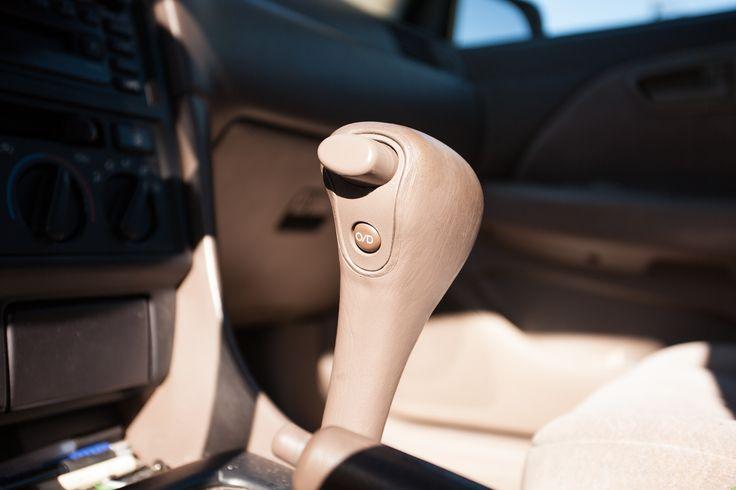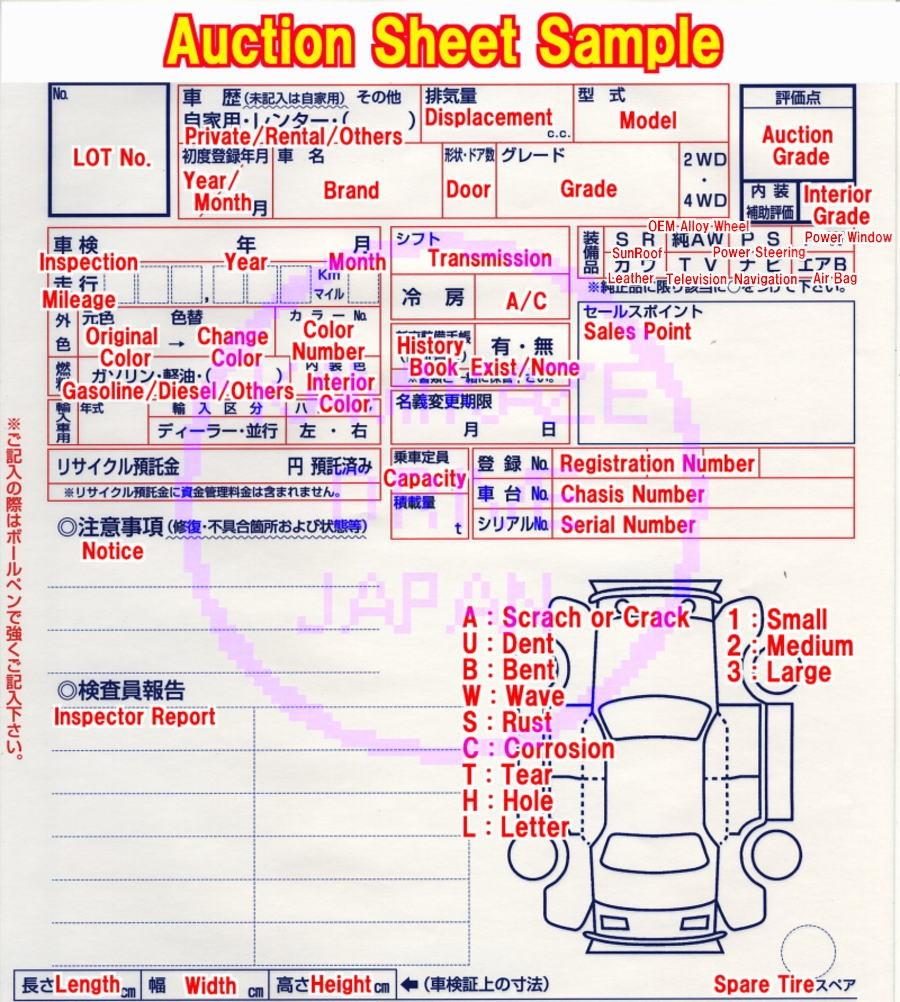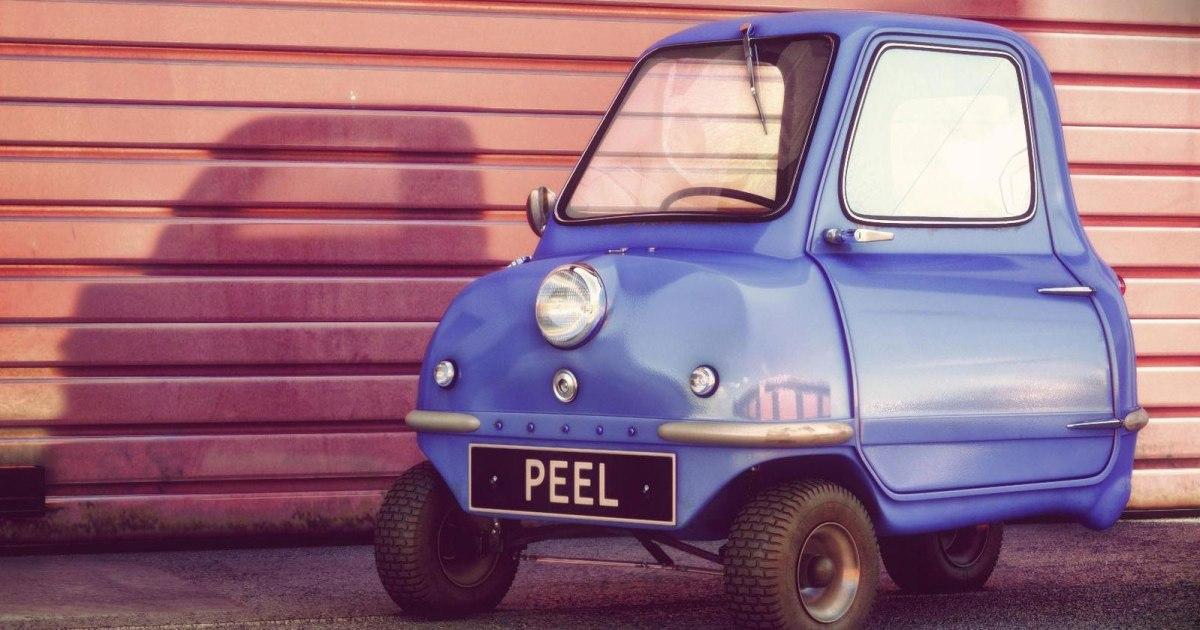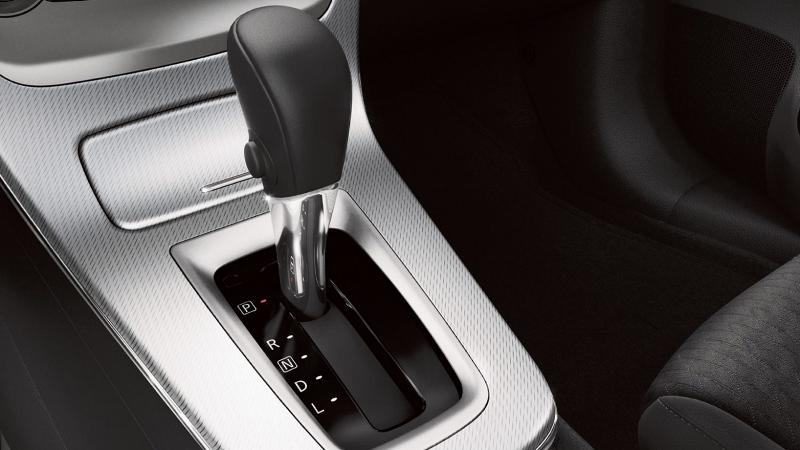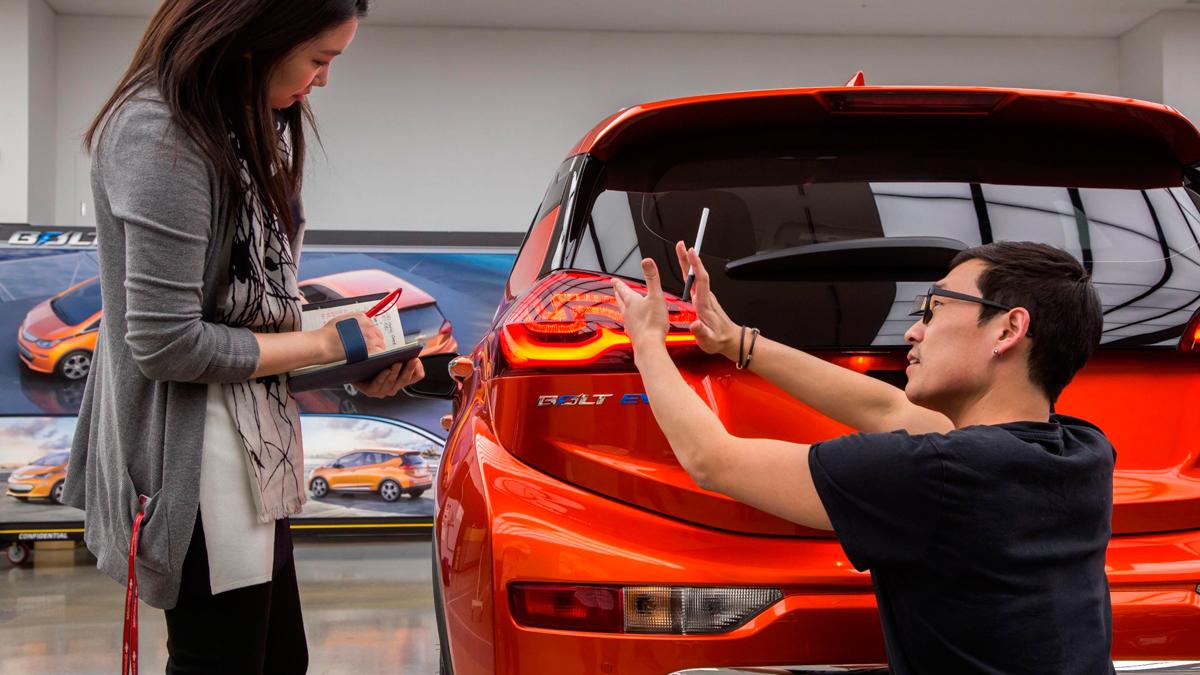Interested in Becoming a Car Mechanic? Here Are Some Tools You Need To Have
Some of us are just drawn to cars: they connect us to the world around us, they offer freedom, and, in many parts of the world, they are embedded within our culture. Quite often, those who are pulled towards motor vehicles end up learning a thing or two about mechanics—how to repair a car, how to keep it running smoothly—some even turn this knowledge into their profession.
The following will explore some of the things you might want to keep in your garage if you’re thinking about learning how to repair or maintain vehicles. Of course, every car is a little different, so there might be additional things not on this list that you need for specific makes and models.
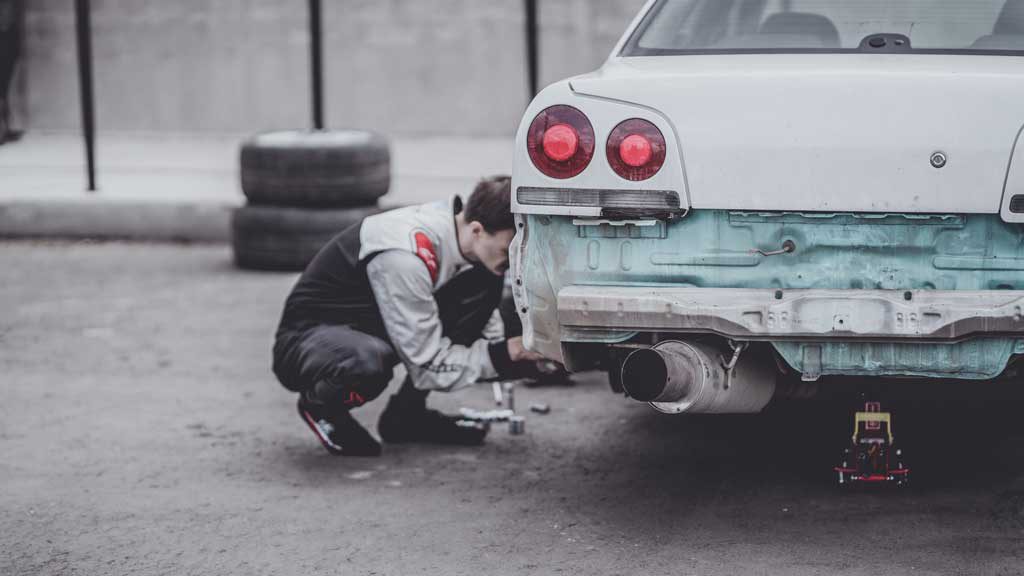
A Scan or Diagnostic Tool
For those of us just setting out on our car mechanic journey, a scanner is a must. These tools teach as one uses them—they help us better understand a vehicle’s needs and translate things like the check engine light into error codes and possible diagnoses. That’s right, devices like the Autel Maxicom Mk808 obd2 scanner help you understand what’s gone wrong and what needs to be done about it. These scanning tools look a bit like tablets and aren’t too difficult to master if you understand how to work a basic smartphone.
A Breaker Bar
If you have hulk-like finger strength, you might not need this one, but for the rest of us? It’s absolutely essential. A breaker bar helps us loosen those stubborn nuts and bolts that just won’t budge. It is extra effective because of its length—you can use leverage to help yourself get things loose.
Impact Wrench
Impact wrenches look like drills or drivers, but they have ⅜ – inch or ½ – inch square drives that work with sockets. Think about this tool as a power socket wrench and use it to tighten and loosen lug nuts. There are multiple versions of impact wrenches available on the market, and depending on the type of work you’re doing, you might want a specific one. If you’re unsure, you’ll likely be safe with a ½ – inch pneumatic impact wrench (and, of course, the air compressor that goes with it).
Multiple Pairs of Pliers
Cars have lots of parts of different shapes and sizes with different levels of accessibility. To work on cars, you’re going to need a fair few pairs of pliers, including the following:
- Slip-joint
- Needle nose
- Locking (sometimes called vise grips)
- Tongue and groove
Having this variety will help make sure you can maneuver around the things you need to with ease. Not every car part is easy to hold onto with human hands. That’s where the pliers come in.
A Pick Set
A pick is one of those odd tools that no one ever talks about but can help with an insane amount of things. You’ll start by using these to free a retaining clip or disconnect an electrical connector, but over months and years, you’ll find hundreds of uses for these—not just with cars either. Picks are one of the most versatile tools there is.
Punches and Chisels
Punches and chisels are another one of those tool sets that serve multiple uses when working on cars. You’re going to want a variety of shapes and sizes to help you cover all your bases. They can help you ensure that rivel holes and bolts are properly aligned before you fasten them.
Screwdriver Set
Nearly anything that needs fixing needs a screwdriver set, and more than likely, you’ve already got these at home. If you don’t, you can pick up the basics (flat head, Phillips head, Allen head, and Torx head) separately, or you can buy an entire set. You’ll be using these for a lot more than cars once you have them nearby. Trust us.
Hammers
No matter how skilled of a mechanic you are, the day will come when you need to hammer a piece into place (or, you know, submission). To pull this off, you’re going to need a traditional hammer, and you probably also want a dead-blow hammer too. This type of hammer minimizes the impact and proceeding damage that can occur when you hit a surface.
Ratchet and Socket Set
Perhaps the most crucial element to keep in your toolbox ratchets (all the standard sizes: ¼ – inch, ⅜ – inch, and ½ – inch) along with extensions and an entire range of sockets, including several Torx and Allen head sockets. The majority of modern cars made across the world have metric fasteners, so when you’re just starting out (unless you’re dealing with vintage American cars), you can usually stick to metric sockets. Over time, you might want to include some standard (SAE) sockets in your toolbox as well.
Oil Filter Wrench
Again, if you’ve got Hulk hands, you might be able to skip this one—most of us can’t. An oil and filter change is the bread and butter of mechanic work. It’s probably one of the first tasks you’re going to learn how to do yourself.





